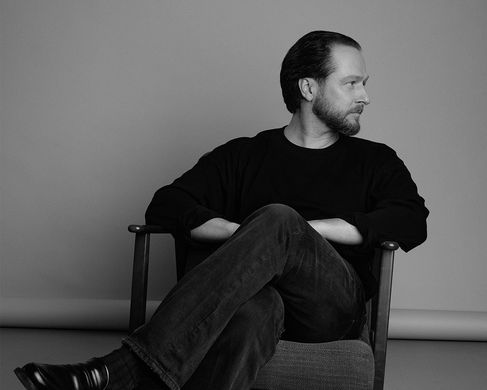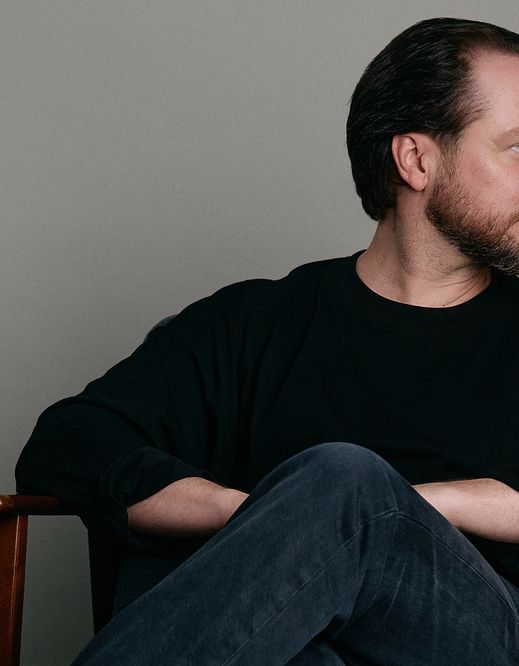Paul Feigelfeld
Chinese Whispers: The "Stille Post" of Knowledge Between China and the West
5. 8. 25, 7 p.m.
Knowledge, cultures, and their associated techniques have always emerged through processes of transmission. This lecture does not aim to present a singular, unified narrative, but rather explores the complex and layered histories of an evolving idea of thought—one that unfolds through notions of computability, binary and non-binary machines, semiotic systems, and circuits, ultimately descending into the rabbit hole of what is now termed Artificial Intelligence.
From the late 16th century onward, Jesuit missionaries – arguably the first global intelligence network – undertook the task of missionizing China. Although largely a „mission immossible“, it set in motion a significant exchange of knowledge, one that gave rise to new cognitive paradigms on both sides and exerted a subtle yet profound influence on foundational scientific concepts in the West.
The question of how deeply Chinese epistemes are embedded in Western thought, media, and technology is not a recent one. It can be traced back to the 17th century, with the translation of Chinese and Greek mathematical texts, the epistemological tensions between alphabetic and non-alphabetic writing systems, and the productive gaps of incompleteness and misinterpretation. Along the way, we encounter the diplomatic conflict between the Pope and the Emperor of China; a self-proclaimed Chinese brother of Jesus Christ incites a devastating civil war in the 19th century; Alice in Wonderland enters Chinese literary culture in the early 20th century; and cybernetics uncovers unexpected genealogical links to Chinese philosophical and technical thought.
key data
- Venue
- Stadtgalerie Zwergelgarten
- Date
- 5. 8. 25, 7 p.m.
Paul Feigelfeld
Professor of Digitality and Cultural Mediation (Media Studies) / Representative for Good Scientific Practice⋅Institute for Open Arts⋅Data-Arts-Forum
Paul Feigelfeld is a cultural and media scientist. After studying cultural studies and computer science in Berlin, he held various positions at the Centre for Digital Cultures Lüneburg, the Art University and the University of Basel, the Strelka Institute Moscow, the University of Applied Arts and the University of Vienna. In 2021-2024, he held the professorship for Knowledge Cultures in the Digital Age at the Institute for Design Research at HBK Braunschweig and is a visiting professor at the Chair of Media Theories at Humboldt-Universität zu Berlin.
His work explores transcultural approaches to media and knowledge history, critical perspectives on technologies and their interfaces with art and design. He advises and works for art institutions such as the HKW Berlin, Vitra Design Museum and the MAK Museum of Applied Arts Vienna, where he was guest curator of the Vienna Biennale 2019 with ‘Uncanny Values. Artificial Intelligence & You’.

